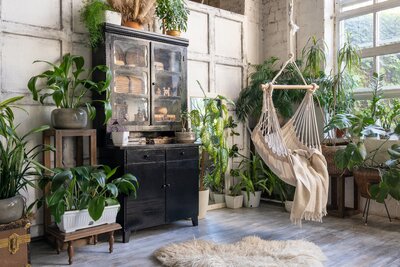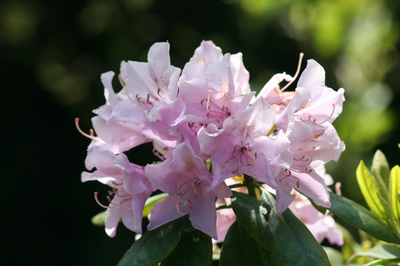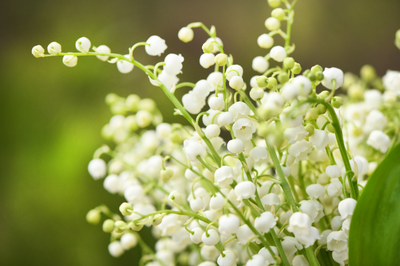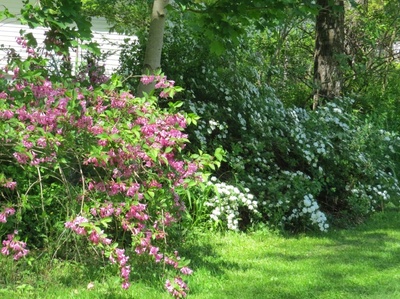
Living in a house with a constant source of heat can be challenging for indoor plants. They’re more likely to die during the winter months when your heater is on and you’re not able to keep them cool enough. Here are some tips on how to care for houseplants that will help them survive the winter.
Why houseplants die during the winter
Many houseplants die during the winter, especially during the colder months. Here are some reasons why they might not be able to survive and tips on how to help them through this tough time.
- The plant is too dry: during the winter, it gets harder for a plant to get enough moisture in their soil. This can cause the roots to shrivel up and die instead of growing more healthy roots. When that happens, the plant will simply stop producing flowers and leaves, which will eventually kill it.
- The plant is too wet: if your plant is constantly getting water from you, it will be hard for them to dry out naturally when they need to. It will also be harder for them to cool themselves down since their leaves won't have a chance to breathe. For these two reasons, your plants could die during the winter due to being in too much or too little water.
- The light from your home isn't good enough: most houseplants need at least eight hours of sunlight per day in order for them to grow properly. If they don't have enough light, they'll start struggling until they die off completely.
How to care for houseplants when your heater is on
Most houseplants are tropical in origin and have evolved to thrive in warm, humid environments. One of the most important steps you can take is to keep your indoor plants in a location that’s not directly in front of a heater. Avoid areas with direct exposure to heating vents, as this will cause your plant’s leaves to dry out more quickly and could be fatal for some plants. It’s also important that you provide your indoor plants with adequate light. A lack of light will make it harder for them to photosynthesize and grow healthy leaves and roots. You should also water your plants on a regular basis but reduce their frequency by 30-40 percent during the winter months because it's more difficult for them to absorb water due to the cooler temperatures. Additionally, keep track of how much light your plants receive on an average day because this will help you decide when they need more or less water and how long they last without being watered.
Tips for Surviving the Winter.
If you’re in the market for new plants, make sure you buy them early enough that they still have a chance to thrive in their new home. If your plant has lost its leaves and started to wilt, it's time to cut back on light. Give it just enough light through the winter so that it can stay alive. Too much light can cause browning or burn spots on the leaves. While you may want to keep your plants outdoors during the winter, this isn't always possible or practical. If your plant is indoors, make sure it doesn't get too dry by misting it daily with water and keeping a humidity tray nearby in case the air dries out. If your plant is in danger of freezing, wrap its stem in tinfoil and place it near a warm lamp. This will help keep the rest of the plant warm and prevent any serious damage from frostbite





